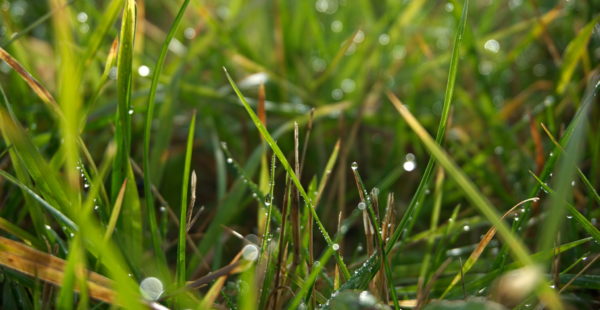A Week on the Estate: Buff Chicks, Dry Weather & Dutch Courage
This week, the estate continued to make the best of things in fine, spring weather. We’ve been blessed with ideal conditions for our work on the land, despite some dustiness in lighter areas. A few short months ago it seemed that the rain would never cease – now we wouldn’t mind a drop or two to get our newly drilled crops off to a good start.
DMJ Drainage worked quickly to improve the drainage in two fields prone to waterlogging, finishing in time for us to drill the last of the spring crops. The hard-working folks from A.W. Smith & Sons were then out and about with the rollers, following up behind the drill to retain moisture in the seed bed.








